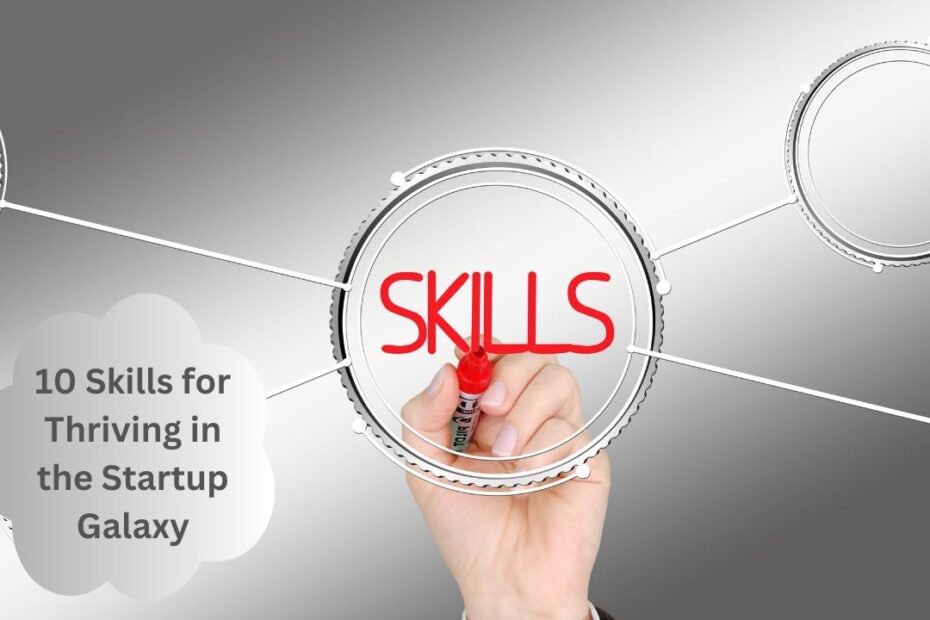What is Your Biggest Career Mistake or Failure? Turning Setbacks into Stepping Stones
We’ve all been there. That moment in our professional journey where things didn’t quite go as planned. A missed opportunity, a project gone wrong, or a decision that backfired. These career mistakes or failures can… What is Your Biggest Career Mistake or Failure? Turning Setbacks into Stepping Stones









